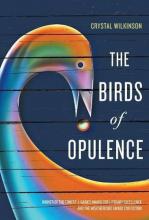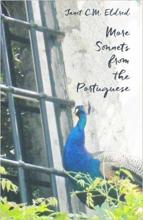On a humid summer day, the phones begin to ring: disaster has struck. Chateau de Sully, a Boeing 707 chartered to ferry home more than one hundred of Atlanta’s most prominent citizens from a European jaunt, crashed in Paris shortly after takeoff. It is the second-deadliest disaster in the history of aviation. Overnight, the city of Atlanta changes.
Left behind are children, spouses, lovers, and friends faced with renegotiating their lives. Robert, a newspaper editor, must decide if he can reconnect with his beloved but estranged wife, whose swindler parents have left her penniless. Nineteen-year-old Piedmont Dobbs, recently denied admission to an integrated school, senses a moment of uncertain opportunity. And Mayor Ivan Allen is tasked with the job of moving Atlanta forward – the hedonism of the 60s and the urgency of the Civil Rights movement at his city’s doorstep.
Visible Empire is the story of a husband and wife who can’t begin to understand each other until chaos drives them to clarity. It’s a story of the promise and hope that remain in the wake of crisis.












